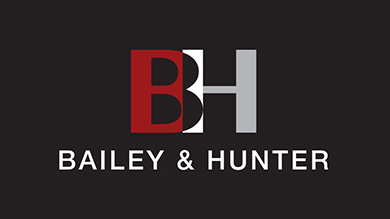Staying educated and up to date on all the laws and regulations that govern Atlanta investment properties can be difficult when you’re not local to the area. Foreign investors often need help from a professional manager to ensure the property is compliant with all federal, state, and local laws. There are a few things in particular that require constant attention.
Fair Housing Laws
Investors often get in trouble with fair housing because they don’t realize they are violating the law. It is important to treat every application consistently, and to have a written set of rental criteria so you can demonstrate and justify why you approved one application but denied another. You also need to be careful of what you say in your marketing and advertising, because the wrong phrases can be seen as discriminatory and unfair.
Atlanta Housing Code
As a landlord, you are required to provide a safe and habitable property for your tenants. The Bureau of Code Compliance inspects rental properties and cites landlords for any violations, such as deferred maintenance, infestations, or other hazards. When you work with a property manager, you can be sure that your home is being inspected regularly, and kept in compliance.
Atlanta Lease Agreement
Make sure the lease you sign with your tenants is strong, detailed, and specific to the Atlanta rental laws. You don’t want to use a generic lease that will not hold up in court and leave you unprotected. The purpose of your lease is to explain the responsibilities and expectations of both the landlord and the tenant. Any dispute you have with your tenant will go back to your lease, whether there’s a problem with a pet or you need to file an eviction for nonpayment of rent.
Security Deposit Laws
In Atlanta, you need to follow the security deposit laws of Georgia. You’re legally required to return a tenant’s security deposit within one month of that  tenant leaving. If you’re withholding money from the deposit, you need to provide an itemized accounting of the damages for which you are holding the tenant responsible. Make sure you have excellent documentation, including photos and descriptions that demonstrate the condition of the home before move in and after move out.
tenant leaving. If you’re withholding money from the deposit, you need to provide an itemized accounting of the damages for which you are holding the tenant responsible. Make sure you have excellent documentation, including photos and descriptions that demonstrate the condition of the home before move in and after move out.
If you need any help understanding the local rental laws, please contact us at Bailey & Hunter.
